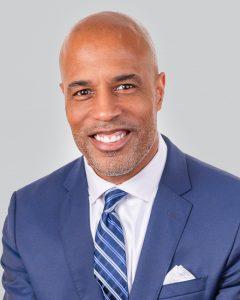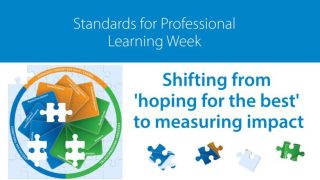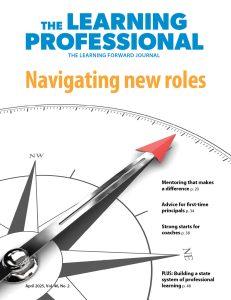[embedyt] https://www.youtube.com/watch?v=JRE64ZUAySM[/embedyt]
An August 13 Washington Post column carried this headline: “Why principals lie to ineffective teachers: Honesty takes too long.” In it, the author discusses two recent studies that revealed principals’ struggles in telling ineffective teachers they need to improve.
The studies, performed by researchers at Vanderbilt, Stanford, and Education Researcher, compared principals’ formal evaluations of teachers to confidential assessments of the same staff. In essence, most principals rated their teachers much higher in the formal assessment. In one example, 157 principals and other evaluators assessed 19% of teachers below proficient when speaking to researchers but rated only 6% of those same teachers below proficient in their official evaluations.
In an attempt to explain the disconnect, columnist Jay Mathews points to the interviews between principals, researchers, and reporters. Principals reported it took too much time to help “subpar” teachers get better. Mathews offers an alternative to honest evaluations by principals: Peer Assistance and Review (PAR) systems that use independent teacher evaluators. He also notes that these types of programs can be expensive.
This article highlights a problem that school systems must address. As a profession, we have to be honest about performance, for both teachers and principals. I believe many issues are at play here, but I’ll name just a few:
- Many districts do not have a solid curriculum aligned to state standards, a formal instructional framework that provides clarity and direction, or a strong set of instructional materials that gives teachers what they need to support student learning.
- Principals may not always have a good or consistent view of what good instruction looks like, which may result in inconsistent ratings for teachers. This may mean inconsistent ratings from one principal in a school or principals in the same district.
- Teachers may be frustrated by inconsistent principal ratings, and that frustration is likely enhanced when they don’t value their principal’s instructional knowledge.
Does it take a long time to help educators improve their practice? Of course it does. The jobs we expect principals and teachers to perform are among the most complex of our time. As leaders in school systems, we have to be honest in our assessments of teacher and principal practice. However, that honesty has to be informed by a clear understanding of what it is we are measuring.
To address these complex issues, I’d suggest that school systems examine how they can leverage professional learning for principals and teachers. For each issue above, there is a professional learning solution. Let’s start there.
- Prioritize setting a districtwide vision for student learning. Learning Forward calls this an instructional framework. This vision encompasses college- and career-ready standards, relevant instructional materials and curriculum aligned to the standards, and the educator competencies required to teach to these standards and materials. Creating a districtwide vision for student learning is the first step in an effective professional learning system. If school and system leaders don’t know what students should know and be able to do, how will they ensure that educators build their professional capacity to support student learning?
- Include principals and district leaders in professional learning directly aligned to the district’s vision for student learning. When teachers and leaders share a deep understanding of classroom content and instruction, their conversations about student learning challenges and educator practice are more likely to be specific and productive.
- Ensure that school leaders — and the district leaders who supervise them — have opportunities to learn how to use feedback, observation, and coaching mechanisms to support growth, and, when necessary, to replace educators. These skills and practices don’t come automatically with a promotion to a leadership position.
I’d love to hear how school and district leaders have successfully developed an “honesty” solution. What conditions and resources are required? What knowledge and skills are essential to support both teachers and principals? Clearly this is a learning system challenge that requires a districtwide solution.
This post originally appeared in Learning Forward’s PD Watch.



![Poil blog v1[1]](https://learningforward.org/wp-content/uploads/bb-plugin/cache/poil-blog-v11-custom_crop.jpg)




